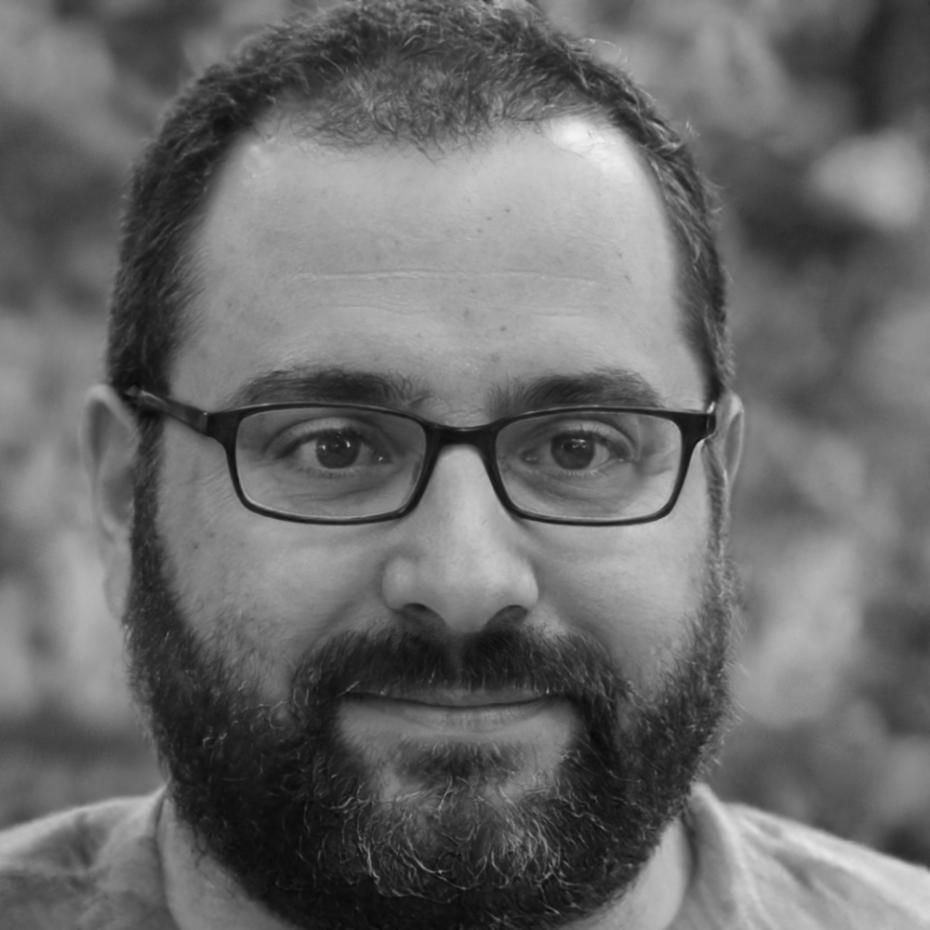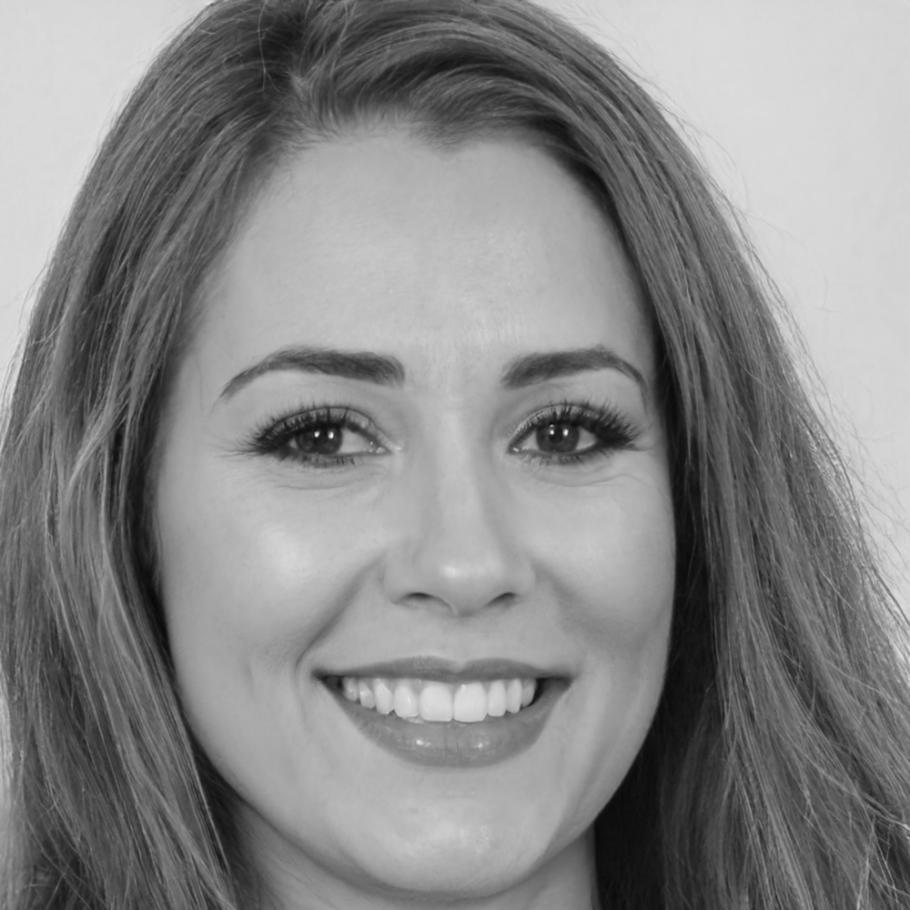
Started with a Simple Question
Back in 2019, we noticed something odd. People were drowning in financial data but starving for clarity. Everyone had access to the same charts and numbers, but hardly anyone knew what to do with them.
So we started teaching small workshops in Canberra. Just a handful of people at first. We'd bring real case studies and walk through them step by step. No jargon unless we explained it first.





